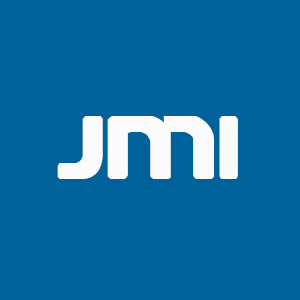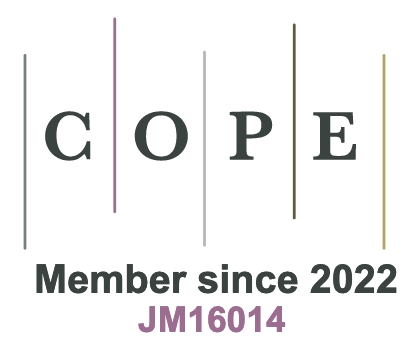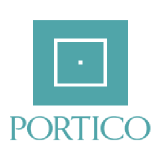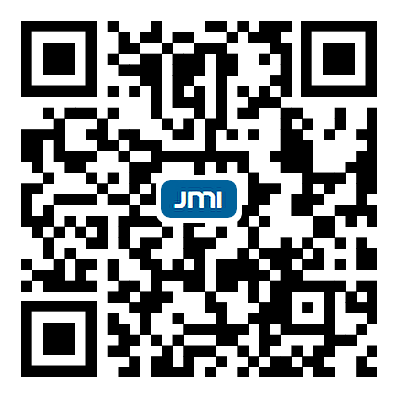Application of self-supervised learning in steel surface defect detection
Abstract
In scientific research, effective utilization of unlabeled data has become pivotal, as exemplified by AlphaFold2, which wins the 2024 Nobel Prize. Pioneering this paradigm shift, we develop a universal self-supervised learning methodology for detecting surface defects in steel materials. By harnessing unlabeled data, our approach significantly reduces the dependence for manual annotation and enhances scalability while training robust models capable of generalizing across defect types. Using a Faster R-CNN framework, we achieved a mean average precision (mAP) of 0.385 and a mAP at IoU=0.5 (mAP_50) of 0.768 on the NEU-DET steel defects dataset. These results demonstrate both the efficacy of our self-supervised strategy and its potential as a framework for developing image detection systems with minimal labeled data requirements in surface defect identification.
Keywords
Unlabelled data, self-supervised learning, deep learning, steel materials, image detection
Cite This Article
Hu S, Ma X, Zhang Y, Xu W. Application of self-supervised learning in steel surface defect detection. J Mater Inf 2025;5:[Accept]. http://dx.doi.org/10.20517/jmi.2025.21












